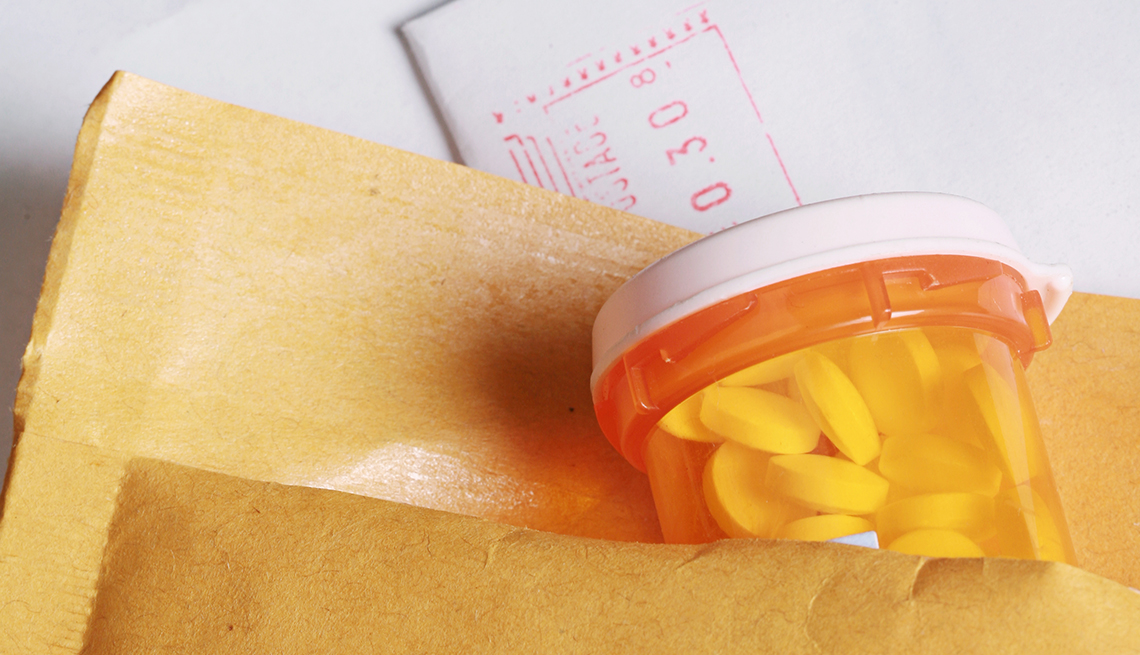Staying Fit
As more communities across the country report cases of COVID-19, the illness caused by the novel coronavirus, public health experts are advising older adults and those with chronic health conditions to stock up on their prescription drugs in case an outbreak keeps people home for a prolonged time.
The advice may seem easier said than done, given that pharmacies and prescription plans typically have rules on when patients can refill their medications. But in the midst of the coronavirus outbreak, some of these rules are starting to relax.


AARP Membership— $12 for your first year when you sign up for Automatic Renewal
Get instant access to members-only products and hundreds of discounts, a free second membership, and a subscription to AARP the Magazine.
"We're getting the message out to the insurance companies and pharmacy benefit managers that they need to look at their procedures and help these patients who want to make sure that they have an adequate supply,” said Ilisa Bernstein, senior vice president of pharmacy practice and government affairs at the American Pharmacists Association.
In the past week, several insurance companies have pledged to waive prescription refill limits on “maintenance medications.” And with the U.S. Centers for Disease Control and Prevention (CDC) cautioning people at high risk for COVID-19 to avoid crowds and sick people, CVS Pharmacy says it will waive charges associated with home delivery of prescription medications.
How much extra medicine should you have on hand?
It's always a good idea to keep backup supplies of lifesaving medication on hand, whether planning for a potential coronavirus outbreak or any other emergency situation, said Irwin Redlener, a pediatrician and director of the National Center for Disaster Preparedness at Columbia University.
Standard emergency preparedness guidelines call for three days’ worth of supplies, including food, water and prescription medicine. “But I think we're now talking about people having a two-week supply,” Redlener said, referencing the quarantine timelines health officials have so far implemented for the coronavirus.
If you live in an urban area where delivery services are available and not disrupted, you may not need to stock up on much medication. “But most places in the country will not have that ability,” and those residents will need to plan, Redlener added.
In AARP's live Coronavirus Information Tele-Town Hall on Tuesday, Brett P. Giroir, an assistant secretary for health at the U.S. Department of Health and Human Services, discouraged excessive stockpiling of medications but recommended having a healthy supply in reserve.
"Make sure you have, if you can, a good month or more of medications — a couple of months — to keep you out of the doctor's office,” Giroir said.



































































